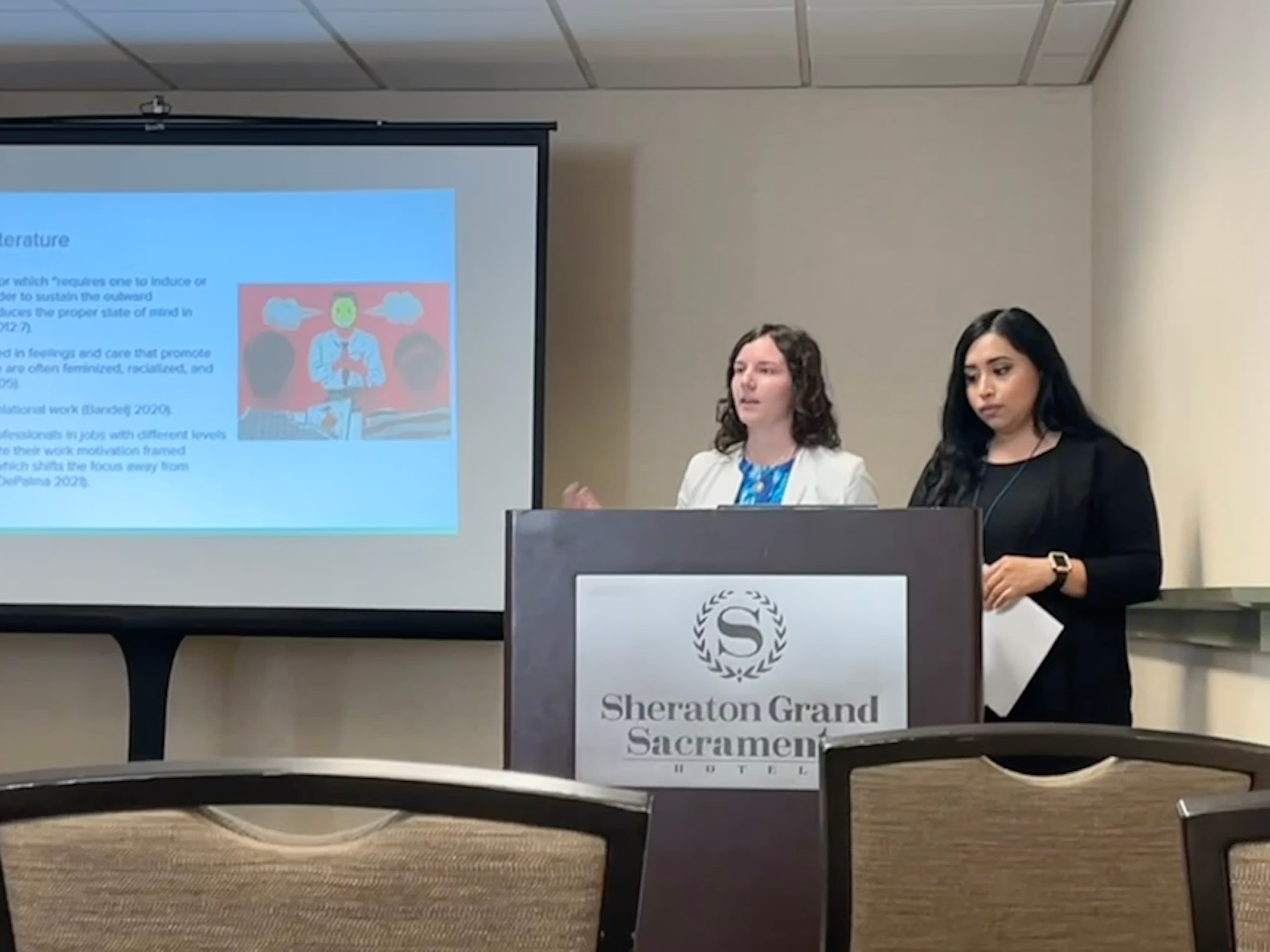Abstract
Our research focuses on two relatively understudied areas of public
scholarship — emotionality and graduate students’ experiences. We draw
on 31 in-depth, semi-structured interviews of graduate students and
recent alumni about their experiences doing public scholarship in the
social sciences, humanities, and arts. We found graduate school uniquely
structures graduate students’ experiences doing public scholarship,
particularly as scholars navigate the power dynamic between themselves,
the university, and broader publics. Interviewees discussed emotions,
such as responsibility, vulnerability, frustration, grief, pride, and
joy emerging from their public scholarship. Scholars also discussed the
tension between the centrality of emotions to their work while the
potential for emotionality to delegitimize their work within university
power relations. We found public scholarship requires care work as
scholars work with communities and emotional labor as graduate public
scholars navigate how to legitimate their work within the university
setting. The additional labor is particularly important as many public
scholars come from the same marginalized communities with which they
work. This research was conducted as part of a larger study on campus
culture change on behalf of public and engaged scholars, led by
Imagining America: Artists and Scholars in Public Life.
